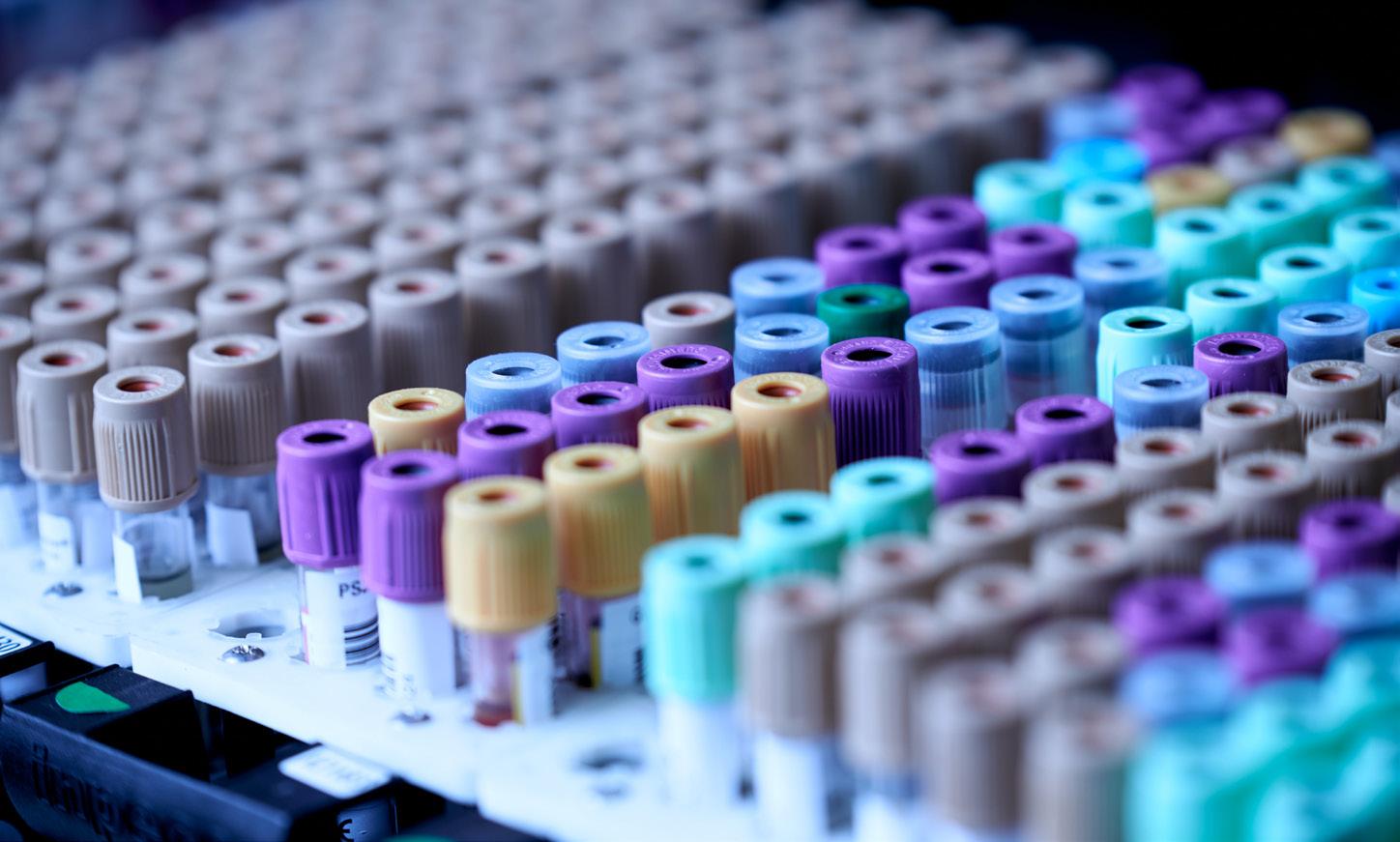Health



• Process and technology design and optimization for blood components production
Azienda: Delcon S.r.l.
Tutor: Roberto Pinto, Ettore Lanzarone
The research activity will involve the analysis and optimization of processes for the production of blood components from whole blood units collected by donation, fundamental for several services such as first aid, transplantation, treatment of oncological diseases, and carried out by hospitals and blood collection centers.
At first, some real cases will be analyzed (target Europe and North America), along with scientific literature, to understand the state of the art of these processes, from the organizational point of view and from the point of view of the technological tools used.
Next, the processes will be modeled and formalized with the aim of identifying new technical, organizational and commercial opportunities, and optimization models will be developed to better manage the activities while avoiding inefficiencies and ensuring the lowest production cost, critical to the delivery of health care services.
In particular, tools such as mathematical linear programming and discreteevent simulation will be considered.
The tools will be developed with a stochastic and/or robust perspective so as to consider the uncertainty of the data present in the processes, such as the arrival of blood units collected from donors.
To enable effective description of uncertainties, prediction models will be developed in addition to optimization and simulation tools in order to analyze processes from a predictive perspective and to be able to make decisions in advance.
The ultimate goal of the research, together with Delcon, is to intimately understand today’s process and implement solutions - both on-board machinery and at the process level - that optimize production through automation and real-time control.
To this end, the work together with the company also includes direct
interaction with major blood centers (first potential target: the U.S.) that themselves have a clear goal of innovating a process that - although fundamental from a medical perspective - is still considered too manual and inefficient.